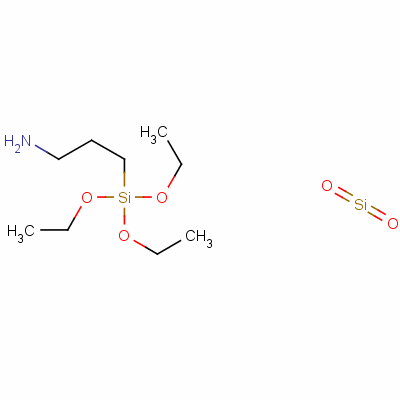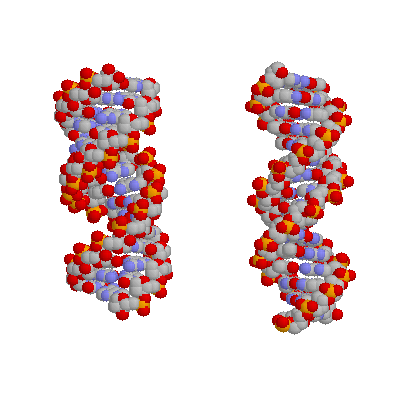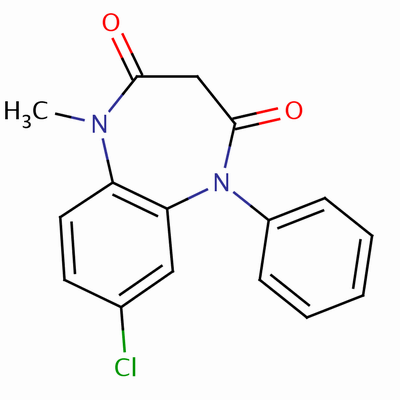Difference between Hydrolysis and Dehydration Synthesis

Dehydration synthesis and hydrolysis are chemical processes that are of great important in chemical engineering industry. A lot of engineering problems can be solved by using these two chemical reactions. If you are looking to learn the differences between hydrolysis and dehydration synthesis you will be glad to know that the distinctions between these two terms are very easy to understand. Here in this article we will be looking at some key differences between the two chemical reactions to help you understand where and why they have to be used. Engineering and science students are also required to have knowledge of these two processes to understand more complex and advanced engineering techniques.
Instructions
-
1
Dehydration synthesis
Dehydration synthesis process is easy to understand even if this is the first time you have come across this term. The concept is easy to understand mainly due to the reason that it is based on very simple chemical reactions. Since dehydration means taking out water, the dehydration synthesis process is based on forming water. Therefore in the dehydration synthesis process something is formed by taking out water. For example in carbohydrates hydrogen molecules and hydro-oxygen (OH) molecules are taken out from the carbohydrates to form water. Unstable carbohydrates then form a bond between each other to form useful products. The bond or bridge between the two carbohydrates is known as the glycosidic linkage. A long and complicated chain of carbohydrates is created if the dehydration synthesis process continues for a long time. This chain of carbohydrates is sometimes known as the polysaccharide.
- Image courtesy: home.sandiego.edu

-
2
Hydrolysis
Hydrolysis, on the other hand, is simple the reverse of dehydration synthesis mechanism. Essentially, the concept involves adding of water molecule to another molecule to break the bond or bridge and form a new chemical compound. As the water molecule is added, part of the parent molecule gains an hydrogen ion from the water. It will not be wrong to say that this process can play a key role in breaking down large and complex chemical and organic compounds. Chemical digestion inside the stomach is also caused by the hydrolysis reaction, which breaks down enzymes and other food particles into small pieces to assist the digestion process. Hydrolysis is an extremely useful process that results in several industrial benefits. In some parts of the world, it is used to generate electricity and power as well.
- Image courtesy: classconnection.s3.amazonaws.com








